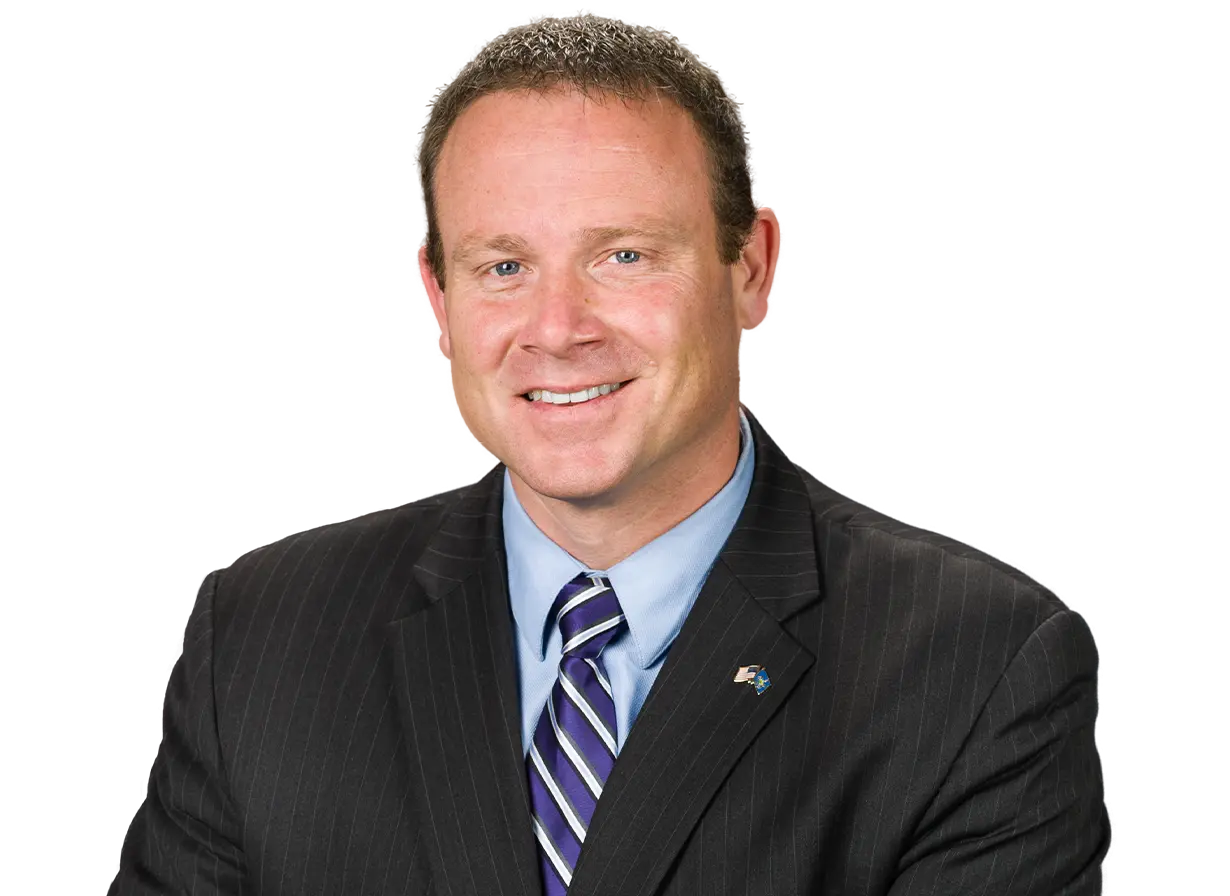HARRISBURG – The Senate approved a $45.2 billion General Appropriations Budget for Fiscal Year 2022-23 that ensures we can meet the needs of Pennsylvanians today without creating multi-billion-dollar budget deficits in the future, according to Sen. Scott Martin (R-13), who voted for the measure.
“This budget holds the line on tax increases and invests responsibly in our children, families and our economic future,” Martin said. “A reduction in corporate net income taxes will spur economic growth and competitiveness and bring more job investments into Pennsylvania over the next decade, helping to reverse a migratory trend that’s undermined our state’s prosperity for many years.”
Senate Bill 1100 now goes to the governor’s desk for enactment into law.
The $45.2 billion budget, which also includes federal American Rescue Plan Act (ARPA) funds, represents a 2.9% increase over the previous year’s spending – and $500 million less than Gov. Tom Wolf’s original budget request.
It also does not include any broad-based tax increases and is structured in a way to minimize the risk of tax increases in the years ahead.
In fact, the budget actually cuts the Corporate Net Income (CNI) tax rate from 9.99% to 8.99% and creates a phased reduction to 4.99% by 2031, moves designed to attract employers and residents to Pennsylvania.
As important as the economic boost provided by this plan, which will have a projected ending balance of $3.6 billion, the 2022-23 budget includes a $2.1 billion transfer to the Rainy Day Fund, bringing the total balance to nearly $5 billion.
These fiscally responsible steps are critical because many economic indicators are showing a risk of a recession on the horizon. Most recently, Pennsylvania’s Independent Fiscal Office estimated a 60% chance of economic stagnation or a “growth recession” happening, and a 30% chance of a recession.
“This budget aligns with my commitment to steward taxpayer money sensibly and discourage reckless spending,” Martin said. “It places Pennsylvania in a strategic budget position in preparation for the economic uncertainty that lies ahead, and competitively positions the Commonwealth for economic and demographic growth in the years to come.”
Contact: Terry Trego, 717-787-6535


